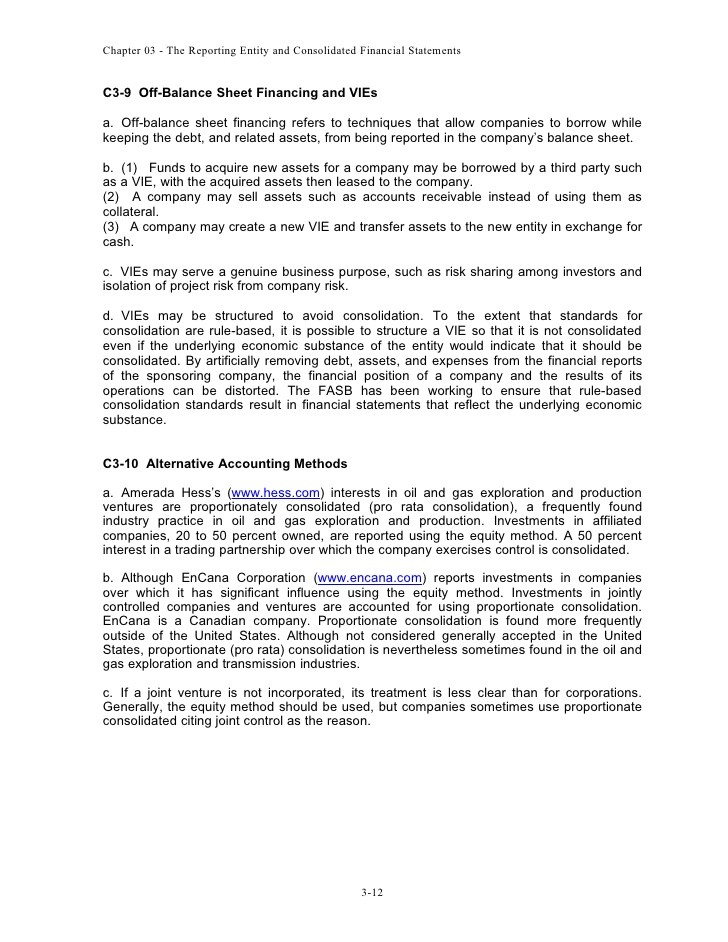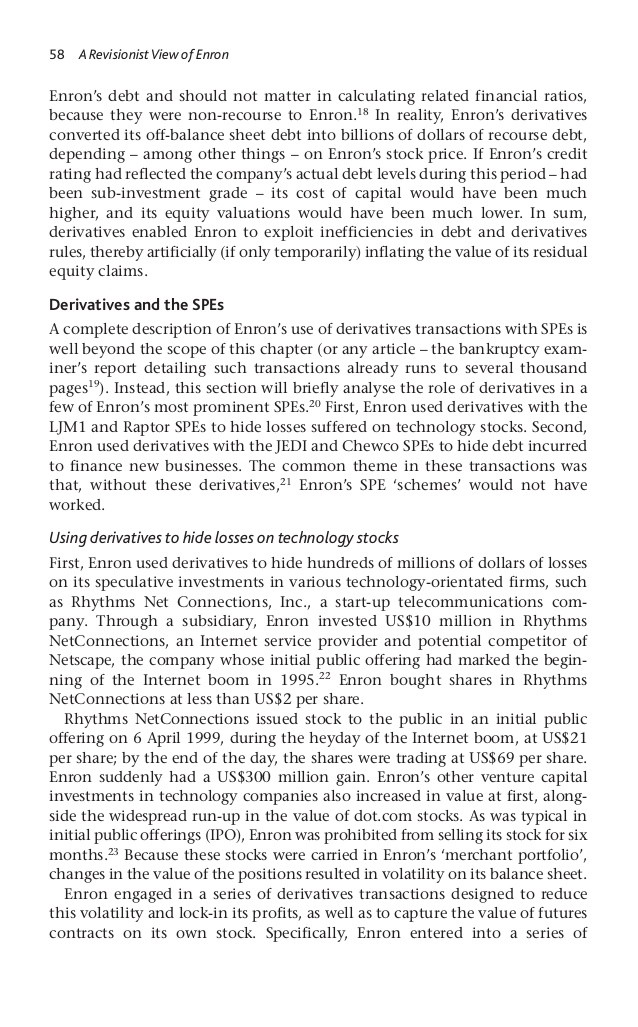FASB Issues Guidance to Improve Financial Reporting for SPEs OffBalance Sheet Structures and
Post on: 23 Июнь, 2015 No Comment

FASB Issues Guidance to Improve Financial Reporting for SPEs, Off-Balance Sheet Structures and Similar Entities
Norwalk, CT, January 17, 2003 In an effort to expand upon and strengthen existing accounting guidance that addresses when a company should include in its financial statements the assets, liabilities and activities of another entity, the Financial Accounting Standards Board (FASB) has issued Interpretation No. 46, Consolidation of Variable Interest Entities. Many variable interest entities have commonly been referred to as special-purpose entities or off-balance sheet structures, but the guidance applies to a larger population of entities. Printed copies will be available on or about January 22, 2003.
In general, a variable interest entity is a corporation, partnership, trust, or any other legal structure used for business purposes that either (a) does not have equity investors with voting rights or (b) has equity investors that do not provide sufficient financial resources for the entity to support its activities. A variable interest entity often holds financial assets, including loans or receivables, real estate or other property. A variable interest entity may be essentially passive or it may engage in research and development or other activities on behalf of another company.
The objective of Interpretation 46 is not to restrict the use of variable interest entities but to improve financial reporting by companies involved with variable interest entities. Until now, one company generally has included another entity in its consolidated financial statements only if it controlled the entity through voting interests. Interpretation 46 changes that by requiring a variable interest entity to be consolidated by a company if that company is subject to a majority of the risk of loss from the variable interest entitys activities or entitled to receive a majority of the entity’s residual returns or both. A company that consolidates a variable interest entity is called the primary beneficiary of that entity.
Consolidation by a primary beneficiary of the assets, liabilities and results of activities of variable interest entities will provide more complete information about the resources, obligations, risks and opportunities of the consolidated company. To further assist financial statement users in assessing a companys risks, the Interpretation also requires disclosures about variable interest entities that the company is not required to consolidate but in which it has a significant variable interest.
The consolidation requirements of Interpretation 46 apply immediately to variable interest entities created after January 31, 2003. The consolidation requirements apply to older entities in the first fiscal year or interim period beginning after June 15, 2003. Certain of the disclosure requirements apply in all financial statements issued after January 31, 2003, regardless of when the variable interest entity was established.
To order a hard copy of Interpretation 46, please contact the FASBs Order Department at 800-748-0659.

About the Financial Accounting Standards Board
Since 1973, the Financial Accounting Standards Board has been the designated organization in the private sector for establishing standards of financial accounting and reporting. Those standards govern the preparation of financial reports and are officially recognized as authoritative by the Securities and Exchange Commission and the American Institute of Certified Public Accountants. Such standards are essential to the efficient functioning of the economy because investors, creditors, auditors and others rely on credible, transparent and comparable financial information. For more information about the FASB, visit our website at www.fasb.org.
The Financial Accounting Standards Board
Serving the investing public through transparent information resulting from high-quality financial reporting standards developed in an independent, private-sector, open due process.














